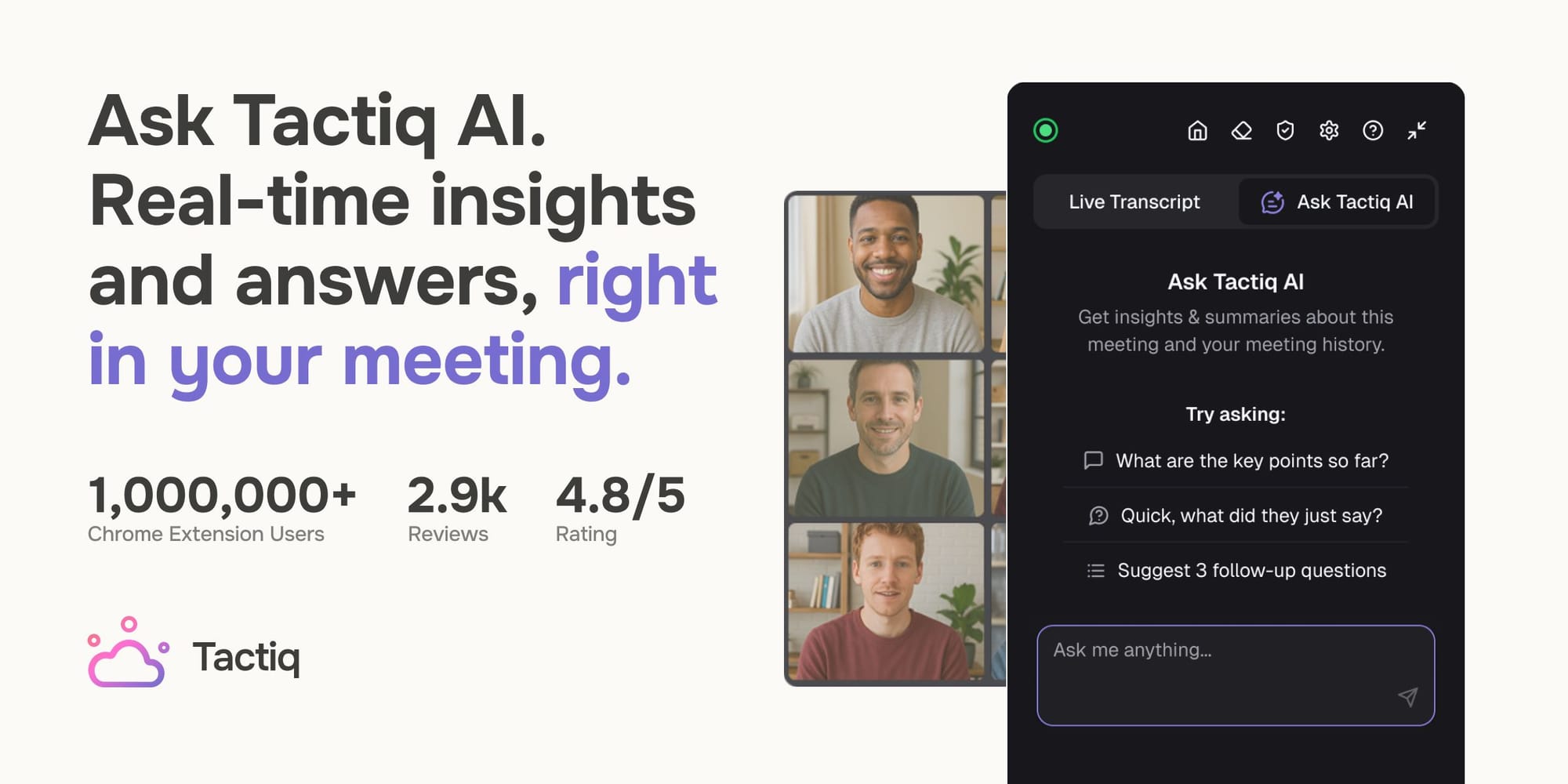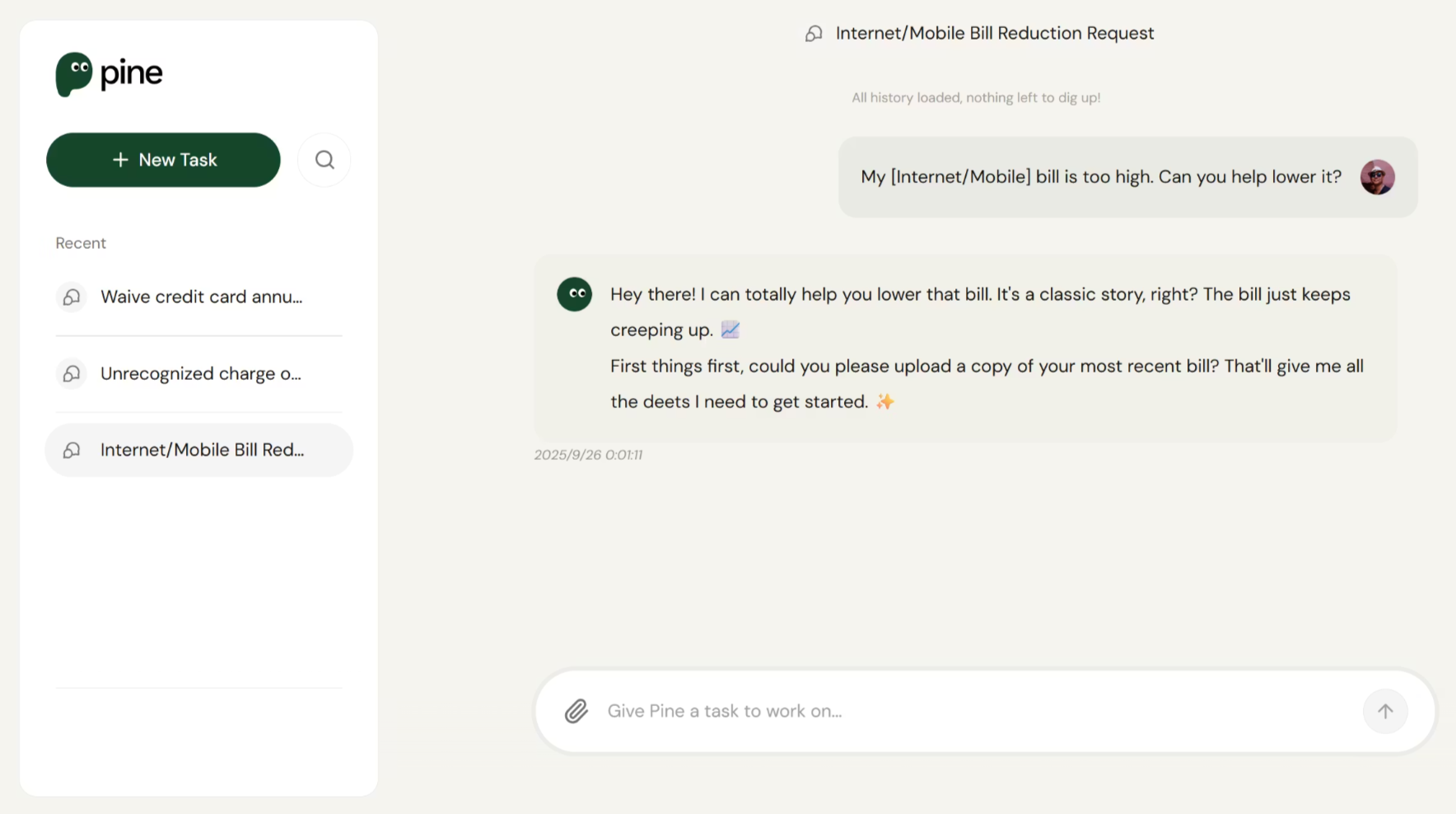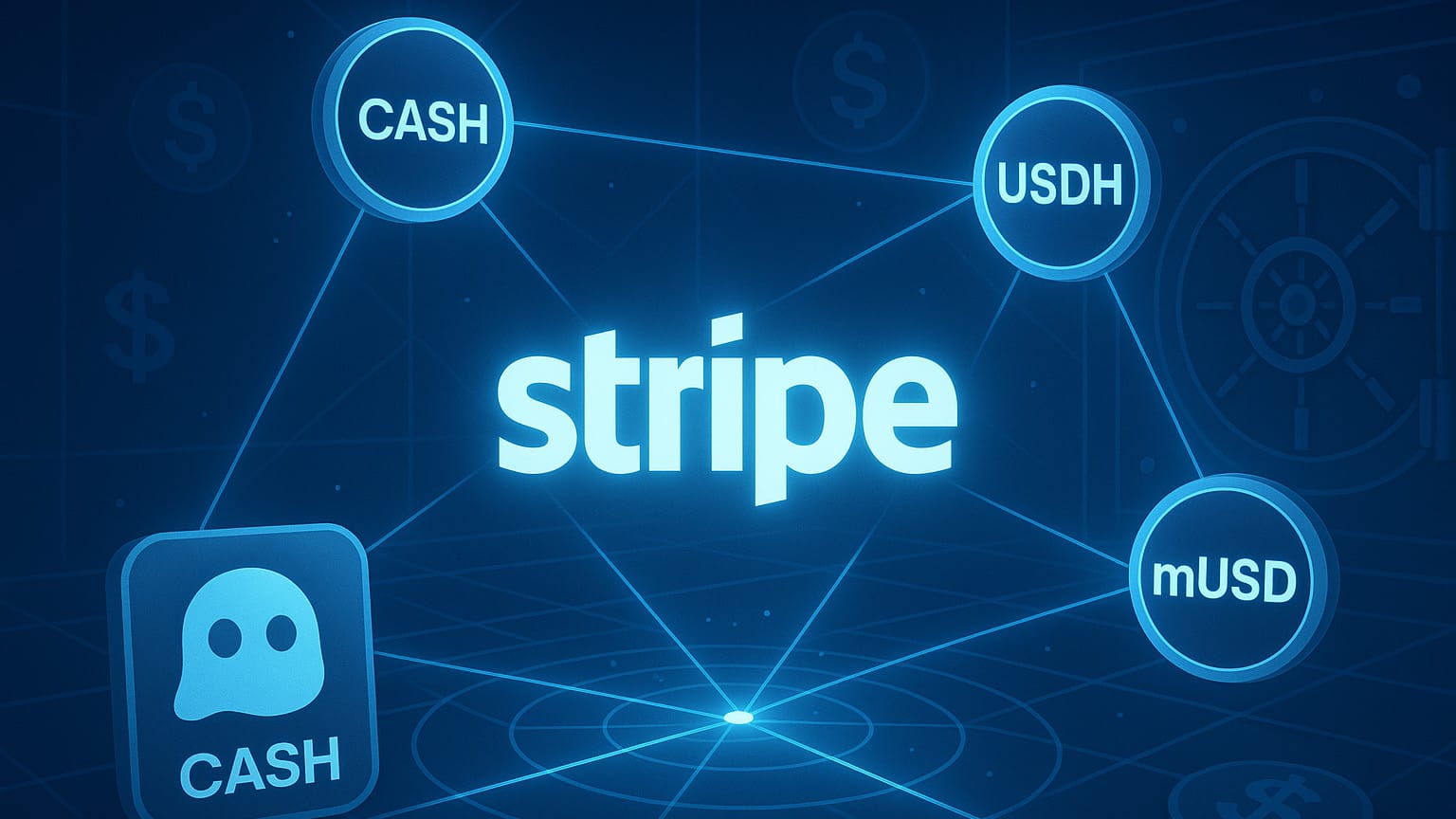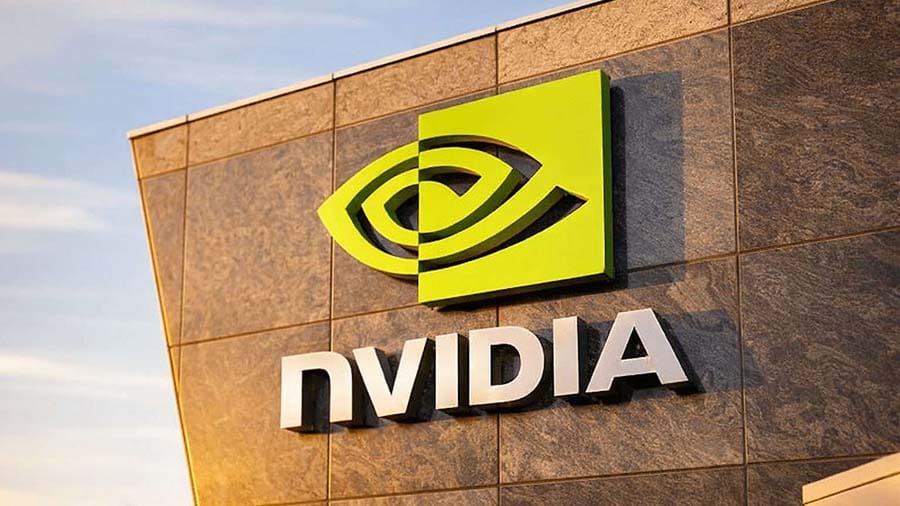⛵ Sperm Racing

Good Morning, Early Adopters!
If the world feels like a parody, that’s because the future is moving faster than the punchline.

SPORT
Silicon Valley Just Turned Sperm Into Esports

👀 What’s the move: A teenage founder raised $10 million to mainstream “Sperm Racing,” a hybrid of micro-biology, esports, and influencer spectacle. The “sport” tracks live sperm cells on chip-fabricated micro-tracks with computer vision overlays, live-streams the chaos, and packages it with fight-night aesthetics.
💡 Why it’s not boring: Strip away the absurdity and you see a commercial engine where fertility anxiety + influencer distribution + gambling-adjacent mechanics = a monetizable spectacle. It is less about solving fertility and more about inventing a male-centric health performance market. Think DraftKings meets Theranos meets Twitch, aimed at Gen-Z. Whether staged or “real,” the product is attention arbitrage converted into sponsorships, merch, and streaming rights.
⛵ Key takeaway: When sperm cells become a content vertical, you know Silicon Valley can financialize literally anything that moves.
TOGETHER WITH TACTIQ
AI that works inside your meetings

Tactiq is a Chrome extension that brings AI and live transcription into your meetings providing real-time summaries, context-aware answers to questions, and action items - so you can focus on delivering outcomes from every meeting.
BILL
California just rewrote the AI rulebook

👀 What’s the move: SB 53, the “Transparency in Frontier AI Act,” is now law. It requires big AI firms with training costs above $100M to publish safety frameworks, update protocols within 30 days, and create whistleblower channels. Civil penalties apply for noncompliance, with the California Attorney General as the enforcer.
💡 Why it’s not boring: California is not just a state, it is the gravitational center of the AI industry. By mandating public safety disclosures and incident reporting, SB 53 effectively sets a soft global standard. Voluntary “trust us” frameworks just turned into legally binding rules in the world’s largest tech hub. Companies that resisted regulation, like OpenAI and Meta, now face a compliance tax, while Anthropic’s early endorsement looks like strategic positioning.
⛵ Key takeaway: California did not just regulate AI companies, it deputized them. Transparency is now table stakes, and the cost of opacity just went up.
TOGETHER WITH PINE
The AI That Gets Your Money Back

From unfair fees to inflated bills, Pine AI Agent works behind the scenes to recover money that should be yours. Pine negotiates with providers and reduces costs on your behalf — it makes phone calls, negotiates bills, files complaints, cancels subscriptions, gets refunds, and more.
Stop leaving money on the table. Let Pine AI Agent fight for your wallet.
STABLECOIN
Stripe Productized Money With Stablecoin as a Service

👀 What’s the move: Stripe launched “Open Issuance,” the first tool that bundles issuance, reserve management, compliance, and AI commerce use cases into a standardized API. With only a few lines of code, businesses can issue their own stablecoin in days. Reserves are managed by BlackRock, Fidelity, and Superstate, compliance is supported by Stripe’s push for federal and New York trust licenses, and front-end use cases connect directly to its Agentic Commerce Protocol built with OpenAI.
💡 Why it’s not boring: Stablecoins used to be messy, filled with compliance hurdles, reserve risks, and custom infrastructure. Stripe has turned that into AWS-style modules: custody and regulation handled in the background, with AI-powered commerce as the visible layer. This shifts the role of companies from simply accepting payments to actively issuing money, enabling them to transact natively in agent-driven ecosystems. Banks and card networks start to look like middlemen.
⛵ Key takeaway: Stripe turned stablecoins into a service layer, making money itself an API that any business can launch and own.
STARTUP SPOT
🧠 Cerebras
“Wafer-scale AI compute.”
Builds dinner-plate chips and CS-systems to train & run models faster than GPU clusters.
→ Founded 2015 by Andrew Feldman; raised $1.1B (Sep 2025) at ~$8.1B valuation ahead of IPO; customers include national labs, healthcare, enterprise AI teams.
🧠 Periodic Labs
“AI to automate science.”
Uses frontier models to discover new materials & speed R&D, building a “self-driving lab” stack.
→ Founded 2025 by Ekin Dogus Cubuk (ex-Google Brain/DeepMind, led GNoME project) & Liam Fedus (ex-OpenAI VP Research, trillion-param nets); emerged with $300M seed (Sep 2025) from a16z, DST, Nvidia, Accel, Elad Gil, Bezos, Schmidt, Dean.
🪐 Zoox
“Purpose-built robotaxi, no driver.”
Autonomous EV with no wheel or pedals, bidirectional design for urban ride-hailing.
→ Founded 2014, acquired by Amazon 2020 for ~$1.2B; CEO Aicha Evans; 2025 NHTSA exemption for 2,500 units; launched free Las Vegas service, SF next.
BAY AREA MEMOS
- Amazon’s Zoox will test self-driving cars in DC, expanding its robotaxi fleet while awaiting approval for full commercialization.
- Cerebras raised $1.1B at an $8.1B valuation after its delayed IPO, fueled by booming AI inference demand and data center expansion
- Periodic Labs, founded by ex-OpenAI and DeepMind researchers, raised $300M to build AI scientists and discover new superconductors.
- Vercel raised $300 million at a $9.3 billion valuation to accelerate its shift from frontend platform to AI cloud infrastructure.
- Meta signed a $14.2 billion six-year deal with CoreWeave to secure critical AI compute infrastructure.
TOGETHER WITH US
AI Secret Media Group is the world’s #1 AI & Tech Newsletter Group, boasting over 1 million readers from leading companies such as OpenAI, Google, Meta, and Microsoft. Our Newsletter Brands:
- AI: AI Secret
- Tech: Bay Area Letters
We've helped promote over 500 Tech Brands. Will yours be the next?
Email our co-founder Mark directly at [email protected] if the button fails.





